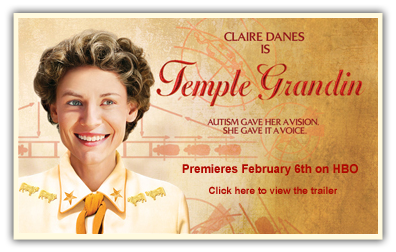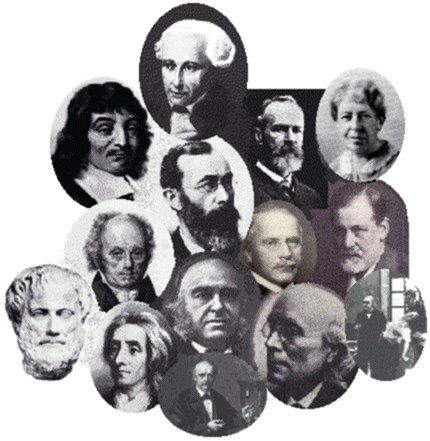
I posted these two ideas on the AP Psych listserv this week. Thought it would be a good idea to share the information here.
===============================================
Thanks loads to my CLAD trainer Kathleen Kenfield—she is the source of the information below. If my notes are accurate, that would be good as well.
===============================================
Phonology: system of sounds
Phoneme: a sound unit
Morphology: word formation
Morpheme: smallest unit of meaning (prefix, root word, suffix)
Syntax: word order and grammar
Semantics: word meaning
Pragmatics: system of language—situationally appropriate
A. What is the first sound in the word, “cut”? What is the final sound? What’s the medial sound/vowel sound? Now, what’s the first sound in the word, “cute”? The final sound? The vowel (medial) sound?
B. What is the first sound in the following words?
a. Easy
b. Judge
c. Psychic
d. Pneumonia
e. Civic
f. Apple
g. Chutzpah
C. What is the final sound in the following words?
a. Judge
b. Cheese
c. Long
d. Niece
e. Checked
f. Watch
Note: The following letter combinations in English make just one sound: ch sh th ng ph
D. How many phonemes (sounds) are in these words?
Chin (3) Habits (5) thing (3) thought (3) psychology (8)
Three (3) hopes (4) weigh (2) please (4) sun (3)
Wish (3) enough (4) nation (5) quickly (6) laughed (4)
Some parts snipped out
Part 2: Morphology
Morphology is the study of the structure of words and of how words are formed. A morpheme is the most elemental unit of meaning. In English, a morpheme is a prefix, a root word, and a suffix. Morphemes cannot stand alone, that have no meaning unless they are attached to another morpheme are called “bound morphemes.” Morphemes that can stand alone are called “free morphemes.” So in the word “reader,” “read” is a free morpheme while “-er” is a bound morpheme.
How many prefixes or suffixes can be added to the words, “read” or “develop”?
How many morphemes in the following words?
People (1)
Redevelopment (3)
Swimming (2)
Orange (1)
Literally (2)
Erasable (2)
Reddish (2)
Radish (1)
Language (1)
Grandmother (2)
Waited (2)
George’s (2)—the “-‘s” is a morpheme
Desirability (3)
Education (2)
Unhappy (2)
Remain (1)
Misspell (2)
Water (1)
Higher (2)
Finger (1)
Houseboat (2)
Antidisestablishmentarianism (7)
Hope that this helps everyone with this bit of language.
===============================
As you may have guessed by my last post, I’m a little bit into language. As such, a while ago, I created PowerPoints, one dealing with the concept of linguistic relativity, cognitive maps, the role of language in our lives, etc. I also created one on periphrastics (this is the use of big words when little ones could suffice). Those PPTs along with some other documents are available here if you’d like to take a gander.
https://sbhs-sbhsd-ca.schoolloop.com/blogdocs
 Recently, we began a business relationship with Amazon.com. By that, I mean that they have opportunities for people like us (bloggers, organizations, website owners, etc.) to create accounts through which viewers can make their purchases from Amazon, but by using the links directed through our site, we can earn Amazon credits to be able to create more giveaways to our readers.
Recently, we began a business relationship with Amazon.com. By that, I mean that they have opportunities for people like us (bloggers, organizations, website owners, etc.) to create accounts through which viewers can make their purchases from Amazon, but by using the links directed through our site, we can earn Amazon credits to be able to create more giveaways to our readers. 







































